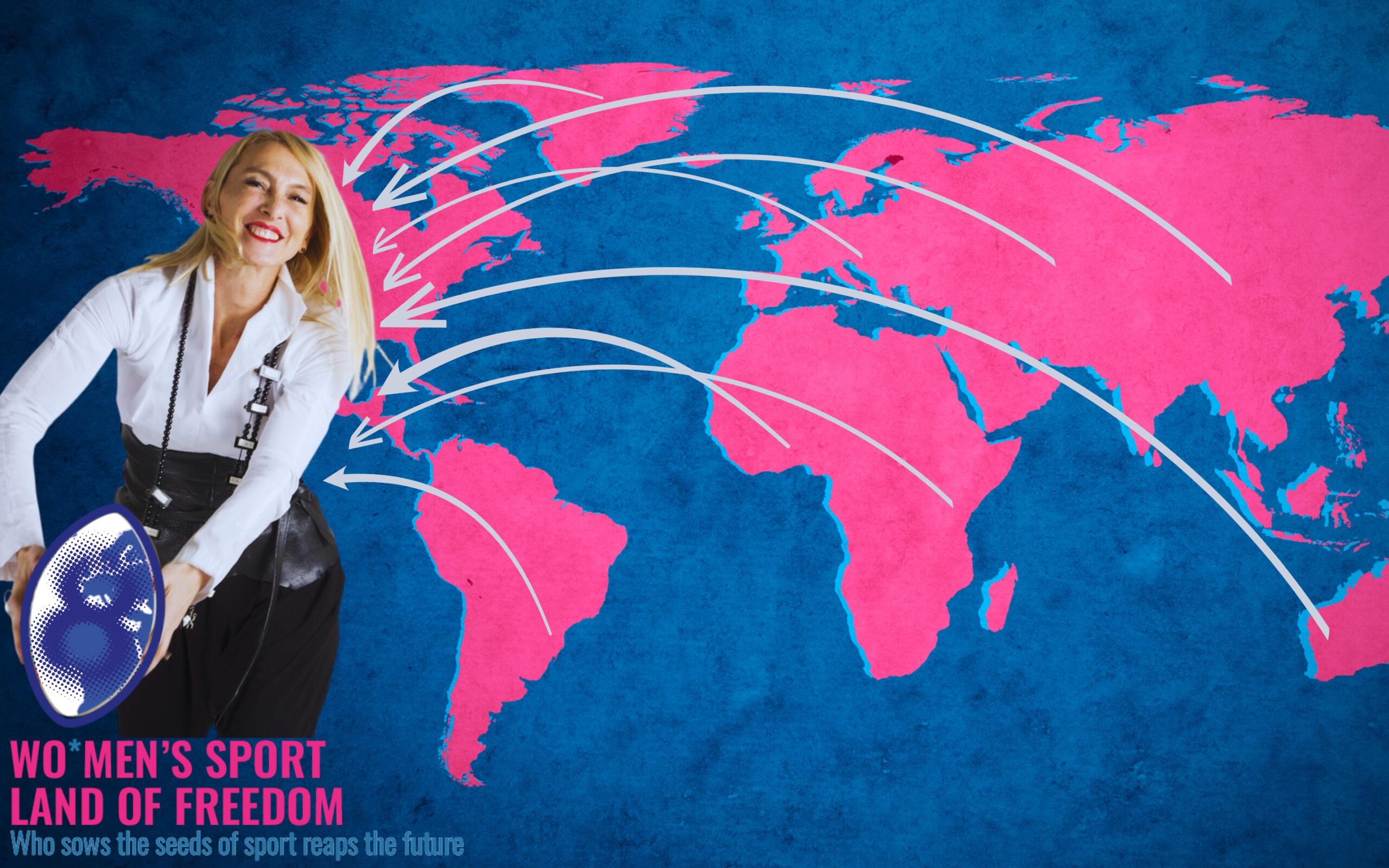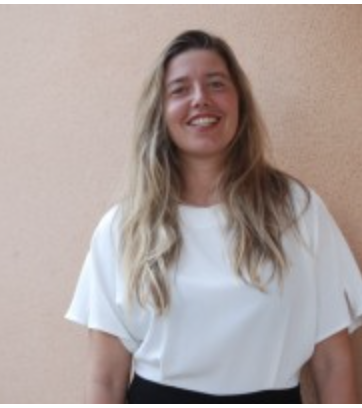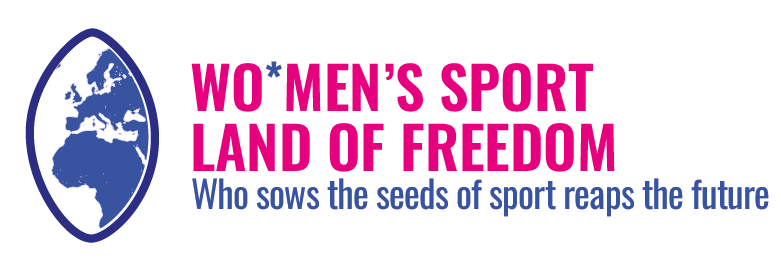
BALEARIC ISLAND: JUST LIKE IN RUGBY, OUR PERSISTENCE AND THE COORDINATION OF OUR EFFORTS ALLOWED US TO CROSS THE LINE AND ACHIEVE A POSITIVE IMPACT.
“Just like in rugby, our persistence and the coordination of our efforts allowed us to cross the line and achieve a positive impact.”

Thanks to:
Marta Lliteras
Former Spain 7s international – Coach and President of the Balearic Islands Women’s Players Association
- The history of the women’s movement in Balearic Island
- Testimonials
- Reading time: 7 minutes
BALEARIC ISLAND - Find out more
The Balearic Islands are an autonomous community and archipelago in the western Mediterranean, with a population of about 1.23 million in 2023. Women hold about 44% of parliamentary seats at the national level in Spain. In the Balearic region, although gender-disaggregated data is limited, female part-time employment stands at 14.9%, compared to 3.6% for men. Despite overall strong educational and economic indicators, significant gender disparities persist, particularly in leadership roles, full-time employment, and in the often invisible area of unpaid domestic and care work.
(SOURCE: data.unwomen.org; World Bank Gender Data Portal; IPU Parline; Government of Spain – Gender Reports; Employment Institute ES53)
HISTORY OF THE COUNTRY
1. When did the women’s rugby movement start in your country and what is the history of women’s rugby in your country? How many clubs are there, and how is women’s rugby structured in your country?
The women’s rugby movement at the national level began to organize more formally in the late 1980s and early 1990s. In the Balearic Islands, development came a little later, but was driven by the passion of pioneering players and the spirit of existing clubs that started to promote women’s sections. Significant steps were taken in the mid-2000s, when women’s teams began to emerge more consistently across the islands. The history of women’s rugby in Spain, including the Balearics, is one of steady growth, though with ups and downs. Nationally, Spain went from having only a few teams to building a competitive league and a European championship-winning national team. In the Balearic Islands, the story began with the initiative of players and clubs committed to creating women’s teams. There were moments of great enthusiasm and others when it was harder to keep teams alive, but perseverance paid off. The number of registered female players and the level of play have increased, though the region still lags behind the critical mass of other parts of Spain. Balearic clubs have worked hard to promote women’s rugby and provide opportunities for girls to play. The fact that rugby became an Olympic sport, and that both the Spanish women’s and men’s national teams qualified enthusiastically through repechage, gave the sport in Spain the momentum, resources, and visibility it deserved. Girls no longer only play at the university level; waves of young girls have started playing from a young age alongside boys — an enriching experience that allows them to aspire to and potentially achieve the same goals. The women’s national team has achieved more milestones than the men’s, winning the European Championship more than ten times and earning an Olympic diploma. Currently, Spain is qualified for the 2025 Rugby World Cup, a milestone we hope to experience together with them. International players from Mallorca: Merche Batidor, Marta Lliteras, Zahía Pérez. At the national level, there is a considerable number of women’s rugby clubs, structured into regional leagues and a National League, which is the top tier. In the Balearic Islands, the number of women’s clubs is smaller, but they are active and participate in regional competitions, and some also at the national level in lower categories or occasionally in the National League. At present, there are consolidated women’s sections in several clubs in Mallorca, and some in Menorca and Ibiza. The structure on the islands generally starts with youth and junior teams, leading up to senior squads competing at the Balearic level. Some clubs have collaboration agreements to compete in higher-level categories nationally.
2. Do you think playing rugby has a social impact for a woman in your country?
Absolutely! I firmly believe that playing rugby has a very positive social impact for women in Spain, and this also applies to women in the Balearic Islands. It gives us strength, self-confidence, teaches us to work as a team and to fight for a common goal. In a society like ours, where gender stereotypes are still present, seeing strong and determined women on the rugby field sends a very powerful message. Moreover, rugby fosters values of respect and camaraderie that are essential for building a fairer and more equal society. On the islands, where sporting opportunities for women in some disciplines can be more limited, rugby offers a valuable alternative and a supportive community.
3. In your opinion, what can rugby give to women in your country?
Rugby can give women in Spain, including the Balearic Islands, a great deal: Physical and mental empowerment: Rugby makes us feel strong and capable, both physically and mentally. Overcoming the challenges of the game translates into greater self-esteem in all aspects of life. Leadership and teamwork skills: On the field we learn to communicate, make decisions together, and support one another. These skills are transferable to personal and professional life. A strong and supportive community: The rugby team becomes a family. We share experiences, encourage each other, and support one another in good times and bad. On the islands, this sense of community can be particularly important. Visibility and role models: The more women play rugby and succeed, the more role models there will be for young girls and women in the Balearics, encouraging them to try this sport and pursue their dreams without limits. A way to connect with other passionate women: Rugby brings together women of different ages and backgrounds through a shared passion. On the islands, this helps create bonds and lasting friendships.
JOURNEYS THROUGH RUGBY
1. When did you start playing rugby and how did you discover it?
Rugby burst into my life when I arrived in Madrid to study Political Science at the Complutense University. It was a time of incredible discovery for me in many ways, and rugby lit a fire inside me — it became one of my greatest passions! There was a vibrant atmosphere at the Complutense, where rugby was everywhere, and I kept running into it, thanks to a classmate. I had always been an athletic girl, pretty good at sports, but Noemi was persistent! She kept encouraging me to come to training, and honestly, curiosity got the better of me, so I decided to give it a try. Boy, am I glad I did. From being a solitary girl from a small island arriving in the city, I suddenly found myself with incredible friendships from the very first training session. They became my support network, helping me find a place to live, a job, sharing notes, and keeping me company during those tough moments of leaving home at 17 and suddenly having to be an adult. I learned the deep value of discipline, coexisting with others, and even picking myself up on bad days. Because let’s face it, the good times are always easier and fleeting.
2. What has rugby taught you that has had an impact on your daily life? Can you give an example of when a rugby mindset was useful to you?
Rugby has given me fundamental life lessons that I apply to every aspect of my life. As an elite athlete, I learned the deep value of discipline, the unwavering tenacity to pursue my goals, and the absolute importance of giving 100% to everything. Teamwork is another crucial lesson: understanding that together we are stronger, both on and off the field. In addition, the healthy competitiveness that rugby fosters has taught me to strive for excellence in everything I do, while the resilience it instills in facing defeats has taught me to get back up and keep fighting — something absolutely vital in my work for equality in sport. I vividly remember a critical moment when I was developing an innovative sports project to promote equality. We faced so much resistance and so many bureaucratic obstacles that seemed impossible to overcome. That was when my rugby mentality came into play: the pure perseverance to keep pushing in the scrum, the strategic ability to find cracks in the defense, and the unshakable trust in the team to move forward meter by meter. Ultimately, just like in rugby, our persistence and the coordination of our efforts allowed us to cross the line and achieve a positive impact.
3. Can you give me three words that connect rugby with freedom?
Space, movement, empowerment.
Space to run and unleash your potential, the constant movement of the game that requires adaptability, and the incredible sense of empowerment that comes from being part of something bigger and fighting for a common goal.
